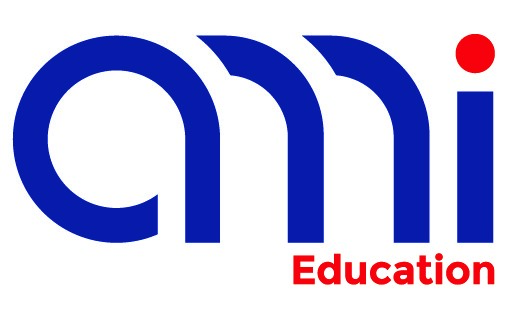- +27 115 689 731
- ask@amigroups.com
Study in Ireland
WHY STUDY IN IRELAND?
Irish universities are well-known for their research capabilities, and chances are high that your credentials will be recognised almost anywhere in the world. Many universities also provide internship opportunities to help students acquire practical experience in their field of study.
- Innovation and research
- Extensive choice of courses
- Stay in a safe community
- Great work opportunities and industrial exposure
- Global Business Hub
- Highly developed democracy with a modern economy
You must first pick which Ireland study visa you should apply for before you decide to study in Ireland. There are two categories of student visas for Ireland:
You’ll need to apply for a ‘C study visa’ if you plan on studying in Ireland for fewer than three months. The short-stay C visa is usually a training visa that allows you to come to Ireland for a duration of 90 days to participate in a work or professional development training program. While on this training visa, you are not allowed to work.
You will need to apply for a ‘D study visa’ if your course is longer than three months.
A foreign student normally applies to a D study visa while intending to remain in Ireland for more than three months.
Cost of studying in Ireland
The tuition fees vary between chosen field of study, university and program. Furthermore, there is a big difference in the tuition fees for European and non-European students. Students from outside the EU and EEA can expect to pay around €9,000 per year as a minimum, with some courses can cost up to €30,000 per year.
| Study Program | Average fees(in EUR) |
| Undergraduate Program | € 9,000 – € 45,000 per year |
| Postgraduate master’s Program | € 9,500 – € 37,000 per year |
| Doctoral Degree | € 9,000 – € 30,000 per year |
University intakes in Ireland
Irish universities and colleges offer two major intakes. Intakes may also be referred to as a semester in some universities.
Intake 1: Fall Semester – A popular intake that starts in the month of September
Intake 2: Spring Semester starts in the month of January
WORK AUTHORIZATION FOR STUDENTS:
Eligibility Conditions:
- Students must be over 18 years of age
- Non-EEA students with Stamp 2 permission to remain are allowed to take up casual employment. They can work up to 20 hours a week during term time and up to 40 hours a week in the holidays
- Non-EU/EEA postgraduate students who are working on producing their dissertations beyond their examinations are not entitled to work for more than 20 hours part-time per week during the college’s summer break as they are still regarded by the GNIB as being in full-time study
Ireland Student Visa Requirements:
The supporting documentation required for a Student Visa in Ireland includes:
- Valid Passport
- Letter of Acceptance from the college/university
- Proof of payment of the registration and tuition fees
- Proof of financial funds
- Two passport sized photographs
- Study Permit and visa
- Evidence for explaining any gaps in educational history of the candidate
- English Proficiency
- Your University will make you aware of additional requirements if any prior to your application
AFTER YOU GRADUATE:
- Third Level Graduate Scheme Permission schemeallows non-EU/EEA students who have graduated from Irish higher education institutions to remain in Ireland for up to 24 months to seek employment
- Once a student gains employment, the student becomes eligible to apply for Green Card/Work Permit
Top Universities
| University | QS Ranking 2021 |
| Dublin City University (DCU) | 439 |
| Maynooth University | 701 |
| NUI Galway | 238 |
| Royal College of Surgeons in Ireland | – |
| Technological University Dublin | 801 |
| Trinity College Dublin (TCD) | 101 |
| University College Cork (UCC) | 286 |
| University College Dublin (UCD) | 177 |
| University of Limerick | 511 |
How can AMI Education Consultancy help you?
- Advise you on the required documentation
- Advise you on the funds that need to be shown
- Fill out the application forms
- Review your documents for the visa application
